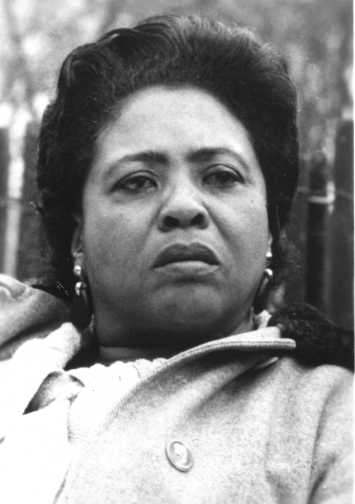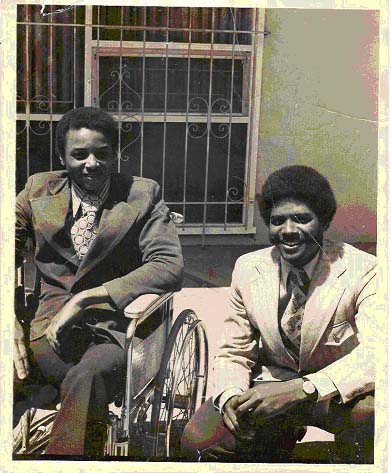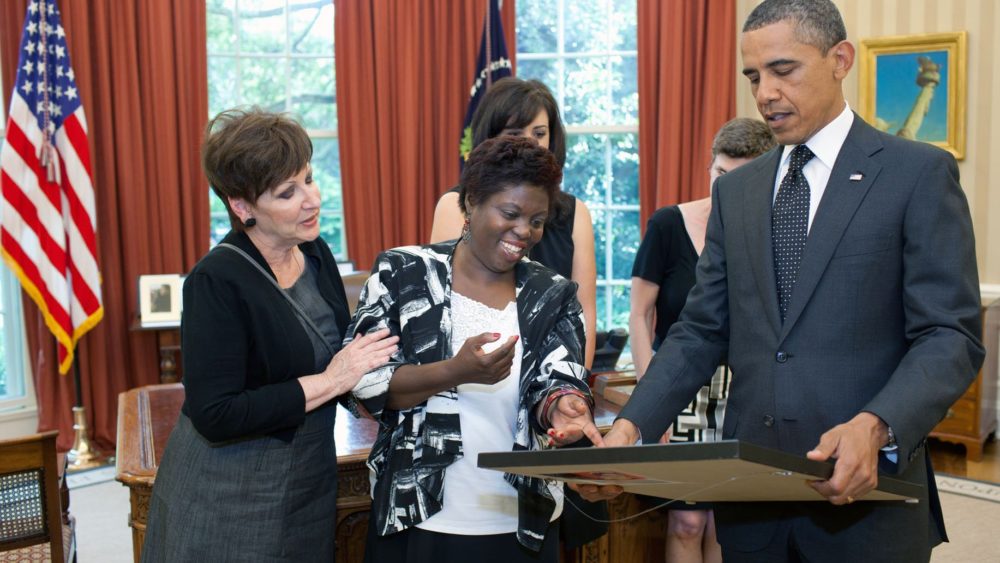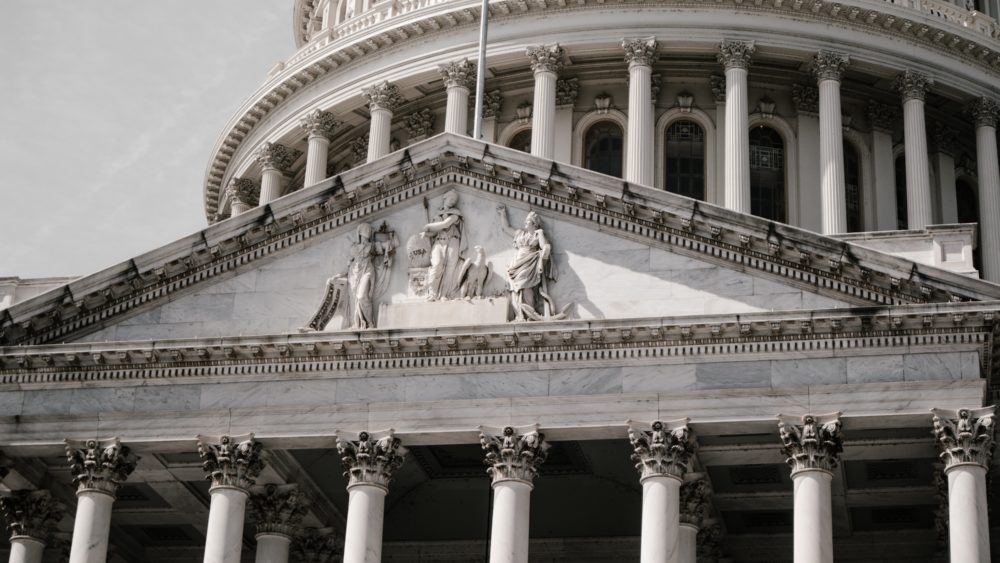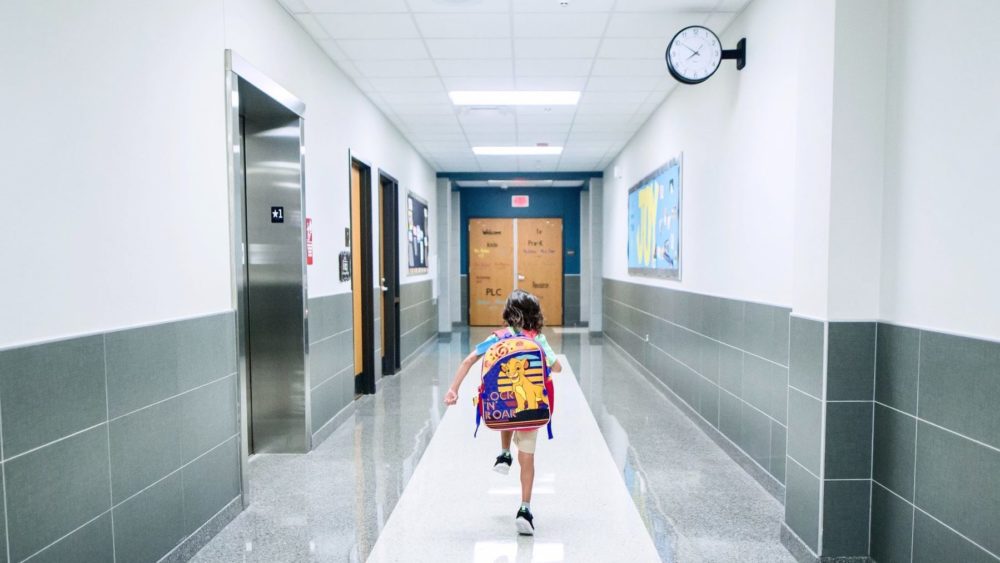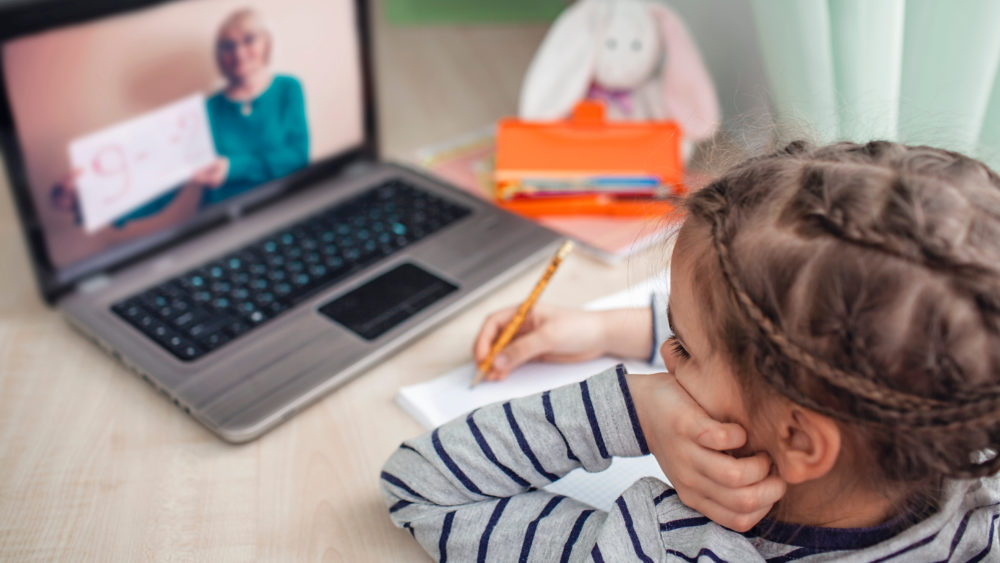On February 15, 2021, the Center submitted a letter to West Virginia State Senator and Chair of the Education Committee Patricia Rucker regarding our concerns about proposed legislation, HB2012, that would allow charter schools in the state to discriminate against students with disabilities.
Fannie Lou Hamer (1917–1977), a civil rights activist with multiple disabilities, was a pivotal figure in the fight for Black enfranchisement, women’s rights, and civil rights.
Brad Lomax (1950-1984), a Civil Rights leader and disability rights activist, brought together the two movements to present a united front in the fight for equity.
From the start, the disability rights movement has been inextricably interwoven with Black Americans’ fight for civil rights.
The Civil Rights Movement of the 1960s inspired many disability rights advocates, who used the model and tactics demonstrated by Black activists to pursue deinstitutionalization and legal rights.
Black disabled activists, as well as Black supporters without disabilities, provided instrumental support to the disability rights movement from the beginning—and strong alliances linked the two movements.
Lois Curtis is a Black disability activist and artist best known for her role as a plaintiff in the Olmstead vs L.C. Supreme Court Case establishing the right of people with disabilities to live independently.
On February 5, NJ Ed Report published a letter signed by civil rights and disability rights groups, including the Center, to Secretary of Education Michael Cardona urging him not to grant states waivers to bypass assessments in the 2020-2021 school year.
The Center fully supports the Keep Our Promise to America’s Children and Teachers (PACT) Act, which sets forth a plan to fully fund Title I and the Individuals with Disabilities Education Act (IDEA).
The Center for Learner Equity is outraged about Rep. Majorie Taylor Greene’s assignment to the House Education and Labor Committee.
The Center applauds the new Biden administration for prioritizing students’ needs during COVID-19 by issuing an executive order supporting the reopening and continuing operation of schools. Students, especially those already on the margins, have borne disproportionate impacts from the pandemic, and swift action is necessary to ensure equity and avoid additional learning loss.
On January 22, Ed Dive reported on how COVID-19 is changing school discipline, quoting the Center’s Senior Policy Director, Wendy Tucker.

